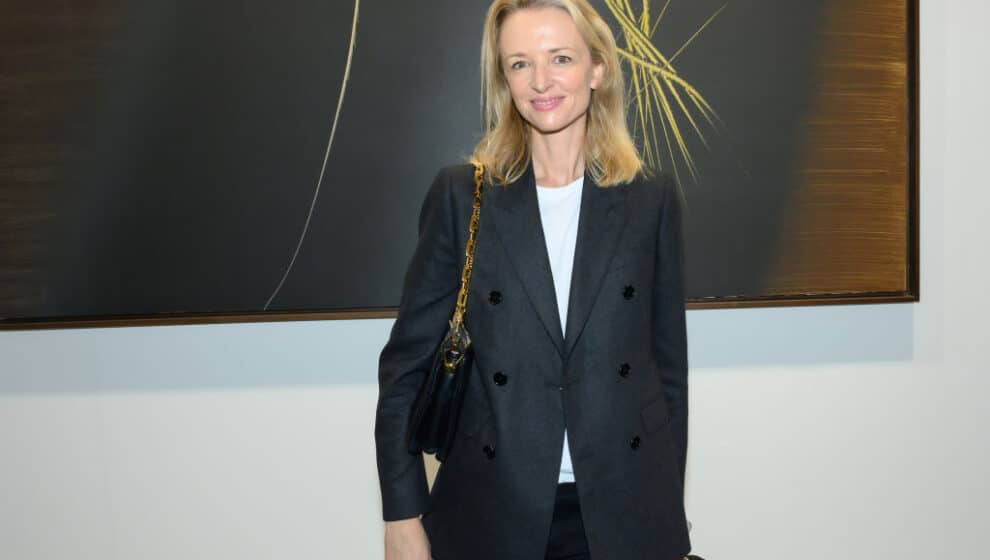Some of the world’s largest brands are preparing to change hands in the next several years—here’s who’s preparing to take on the roles.
Key Details
- Executives like Larry Ellison and Jeff Bezos passed their legacies on to skilled executives in the industry. But the heads of luxury businesses tend to be a family affair, and investors are watching to see who will be in charge next.
- The world’s richest man and LVMH owner Bernard Arnault, Prada owners Miuccia Prada and Patrizio Bertelli, and Chanel owners Alain and Gerard Wertheimer are all in their 70s.
- Within these luxury brands, the founding families tend to have the majority voting rights, meaning they will get the final say in who controls the company next.
- Prada recently hired a new CEO until the 34-year-old Lorenzo Bertelli is ready to take charge. Delphine, Arnault’s daughter, recently became CEO of Christian Dior—giving hints that succession plans are taking shape.
Why it’s news
Many of these luxury brands aren’t just businesses to the families that control them—they’re the legacy the family has built, sometimes over generations. But keeping the company within the family doesn’t necessarily mean the new owner’s vision will match his predecessors.
Some family-owned companies have managed a successful handover. François-Henri Pinault successfully took over Kering, the parent company of brands like Gucci and Balenciaga, in 2005. Since taking charge, the younger Pinault has upheld the shareholder returns his father offered.
In some cases, the families make outside hires to work alongside family members as they prepare to take on their new roles. Prada and LVMH have chosen this path.
At LVMH, Arnault’s five heirs and the nonfamily managers compete for promotions. Before promoting his daughter to CEO of Dior, Arnault had never given a family member control over the company’s most profitable brands.
While companies like LVMH and Kering have clear succession plans, others haven’t been as detailed in their planning. Shoemaker Christian Louboutin, for example, has been selling off pieces of the brand over the last several years. Giorgio Armani has kept his plans close to the chest—leaving industry experts guessing what he could do.
Family-owned luxury brands operate differently than the standard business. Investors typically keep a keen eye on the market when considering the value of a company, but when it comes to high-ranking families, investors need to keep an eye on succession as well.
